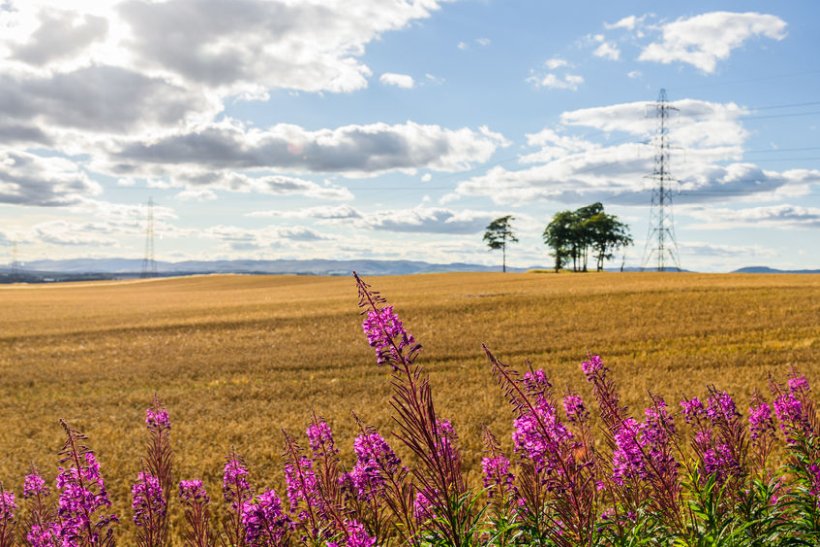'Obscure' climate change jargon translated for farmers

A new guide designed to help farmers understand and talk about climate change has launched after research shows that most producers think there is too much jargon used in the topic.
'A-Zero: A farmer’s guide' addresses the challenge that the current use of ‘obscure’ environmental language is unhelpful for the farming industry.
Developed by the Prince’s Countryside Fund, it worked with farmers to translate 50 sustainability terms into language which is more accessible.
New research by charity found that eight in ten UK farmers (81 percent) want to do more to tackle the climate challenge.
However, a lack of understanding of critical sustainability terms is preventing many from taking action.
The research indicated that three in four farmers (77%) say they have little or no understanding of the term ‘natural capital’, while 61% say the same about ‘net zero’, and 64% for ‘zero carbon’.
As well as de-mystifying these terms, the guide also offers practical examples as to what these terms mean on farm.
This translation can support farmers in identifying areas they may need to address on their own farms, to help them play their part in the climate challenge.
Prince Charles, patron of the Prince’s Countryside Fund, said to The Telegraph: “Everyone needs to play their part in helping to tackle climate change, but to do so we need to share the same goals and speak the same language.
"That's why I am delighted that this guide helps to translate terminology and unjumble jargon so farmers, and all of us, can play our part."
Keith Halstead, executive director of the Fund said: "HRH The Prince of Wales called for more accessible language to be used to enable everyone, including the agricultural industry.
"This guide is an important next step, particularly for our smaller family farms, to encourage engagement with important sustainability and environmental schemes."
The A-Zero guide is available for farmers to view and download online.








